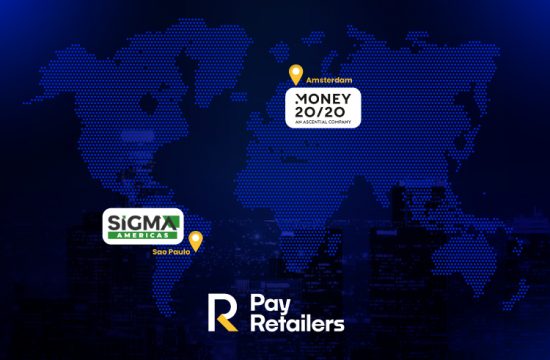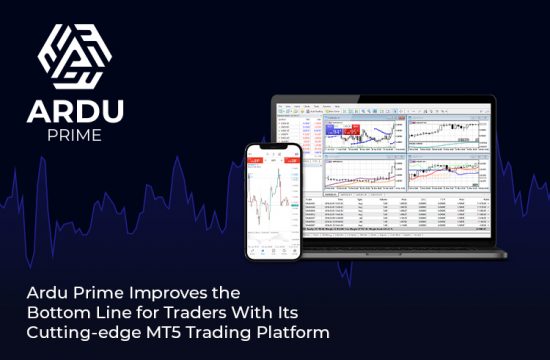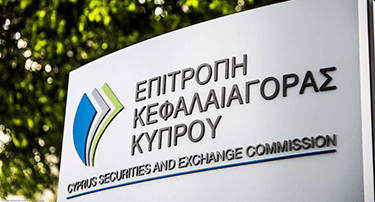Once you have started trading foreign exchange and you have done your learning and practicing, if all goes well, you might be making profits already. Once you have started consistently making profits, that would be a good source of income for you. And as with any other income, you might be wondering on do I pay tax on forex trading. Well, there is no straightforward answer to this question. It depends a lot on many factors and one of the main factors is where you live as tax regulations vary from country to country.
Is Forex Trading Tax-Free in the UK?
Let us take the UK as an example. Forex trading tax in the UK depends mainly on 3 factors and those are whether you are a speculator or investor, whether the instruments that you are trading as classified as spread betting or CFDs, and what kind of personal finances and situation are you in.
To put it very simply tax for forex traders in the UK is only for investors who trade with CFDs. There is no tax if you are a speculator who is spread betting. Of course, there is a lot of other factors and complexity that are likely to come in depending on your personal situation and finances but this is the basic thumb rule. You need to consider your profits and losses minus any kind of expenses that you make while trading forex (and which you can show proof of) and once all this is considered, you can calculate your taxes on top of that.
How to Manage Your Trading Taxes More Efficiently
The most straightforward way, especially for beginners to manage tax on forex trading is to maintain proper accounts. This is something very basic and key but which is missed by most traders. And by keeping accounts, we do not mean just keep track of the trades of your profits and losses. You need to keep track of the dates, the trades made, the profits and the losses, and the expenses that you have incurred as well.
You also need to keep track of the instruments that you trade as the taxes vary for CFDs and other instruments and they also vary based on whether it is OTC or Spot of futures. There are many such minor variations and unless you classify and maintain trades and accounts properly, it becomes very difficult as time goes on and you will be caught up right at the time of filing your accounts. Of course, you cannot trade keeping the tax in mind and so you need to trade based on your strategy but you should keep track of your capital gains and have all the data and accounts handy at the time of filing your accounts, either on your own or through your tax consultant.
Do I Pay Tax on Forex Trading in the UK?
It depends on a lot of factors, as we had mentioned earlier. But as long as you are only doing spread betting and you are not an investor, then you can safely say that paying tax on forex trading is out of the question. But if you do trade for the long term, then you are likely to pay taxes either if you do trading as a form of business or as capital gains.
The tax rates for trading as a business or for capital gains are different and so you need to be careful about this issue as well. If you have a company and you begin to trade on behalf of the company and hold your forex account as well as your funds in the name of the company, then it will be considered as though you are trading as a business. In such a situation, the classification and the tax slabs for you would be much different. It is better if you discuss this with a tax consultant once you begin to make decent profits consistently for the long term as well. Forex trading tax in the UK is generally less confusing than when compared to most other countries and so it may not take you a long while to get a good grasp.
Conclusion:
Just like in trading stocks or any other instruments, it is pretty clear that you need to pay taxes in most countries for trading in forex. You need to factor this in while trading and doing accounting and you also need to keep this in mind when you calculate the profits. It may be advisable that you keep track of your trades and accounts every month rather than trying to consolidate everything at the end of the year when the time comes to file your taxes.
There are also many tools available out there that help you to summarize your trades and data and these will also help you to file your taxes easily. Initially, all these accounting and tracking could sound very daunting but as the years roll by, you will see that it gradually becomes easier and you also have to remember that the more taxes that you pay, the more profits you have been making. This thought should sour you on to not only do well in your trading but also file your taxes correctly and at the right time as well.











